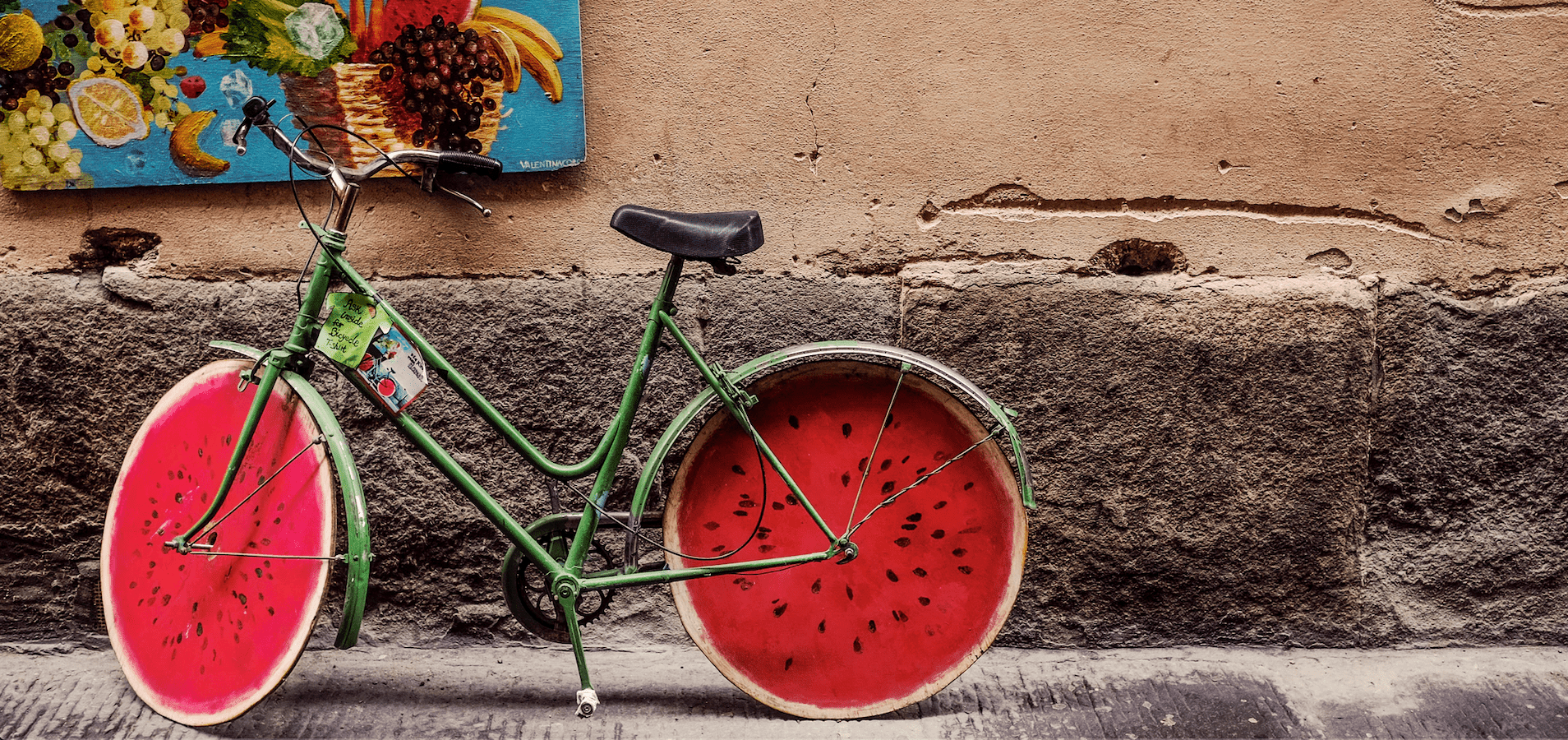
My Life As An Open-Minded Hasidic Jew
While getting my degree in Education, I took a social studies course where we learned about the concept of historical perspective. We often bring a “presentist” approach to our understanding of the past, using our current values and beliefs to judge people. We forget that they lived in different eras, faced different dilemmas, and had different perspectives. We must first try to take their perspective before trying to understand them.
This how I sometimes feel when outsiders look at our Hasidic community. Values and beliefs about careers, family, and life in general are used to inadvertently judge us accordingly. People often forget that Hasidic Jews may consider different things important than they do.
This is my perspective as a Hasidic woman from an open-minded family. I’m a curious and skeptical person. I’m happy with my community, and although I might have questions, I work through them. I don’t like doing things I don’t understand, neither do I accept what I’m told unconditionally. I have been raised to feel comfortable calling up my rabbi and questioning concepts in Judaism and Hasidus.
For instance, we have discussed women in Judaism and marriage in particular. This was a very important conversation for me, since I’m a strong person and this topic was never addressed to my liking before. My rabbi explained what is halacha and where there is room for leniency. For example, he explained that covering the hair outside is halacha, but at home (with no men around) it’s different. Also, when I asked why the community values conformity, my rabbi explained it in a way I can relate to and appreciate, weighing the consequences of choosing to be different with a realistic perspective. He has the time and patience to listen and to answer all my questions. He has never told me that a topic is off limits and doesn’t get offended by my curiosity. I recognize that the healthy home I come from and the compassionate rabbis I know are not the reality for all Hasidim.
We are a close-knit community, always there for each other even though we are a big group with thousands of families. Although the community is big, it feels quite small. The Rebbe strongly pushed for small shuls, so each individual can find a place even when they are new to the city. Additionally, every child in the community is accepted into our schools, no matter how they fit in educationally. Our Rebbe was very much into outreach. He also works together with school principals and rabbis to ensure that help is accessible by bringing therapists into our schools, shuls, and communities. Our community hosts a hotline where anonymous callers can get their questions about Judaism answered. The Rebbe also initiated a monthly learning chabura for women. We form friendships there that continue for our entire lives.
Yes, we have large families, which might be challenging, but it is one of the best aspects of our community in my experience. There are always siblings, aunts, uncles and many cousins who care for you, so there is always someone to turn to. A new mother never has to make supper because her sisters will always send meals. I have friends who are from large and loving families, who wouldn’t want it any other way. They even want big families for themselves.
Despite all that, birth control is taken by those who need it. Additionally, hile we have large families, a woman can choose to have a career for personal fulfillment, creative outlet, or for money. Women in our community run businesses, become accountants, are fashion designers, and much more.
Although the men in our community dress in black and white, we still have many shades of grey. There are different personalities, ranging from the devout to the chilled out. Some people always toe the line whiles others test the limits. There are prominent psychologists, talented musicians, and computer programmers. We have a diversity of emotions, thoughts, and opinions. All these wonderful people make up the colorful mosaic of our community.
Despite our different values, so many of the men, women and children in our community are happy, healthy, and fulfilled. The next time you see a Hasidic Jew, I hope you see more than just the outside dress and into the person himself.
If you found this content meaningful and want to help further our mission through our Keter, Makom, and Tikun branches, please consider becoming a Change Maker today.






